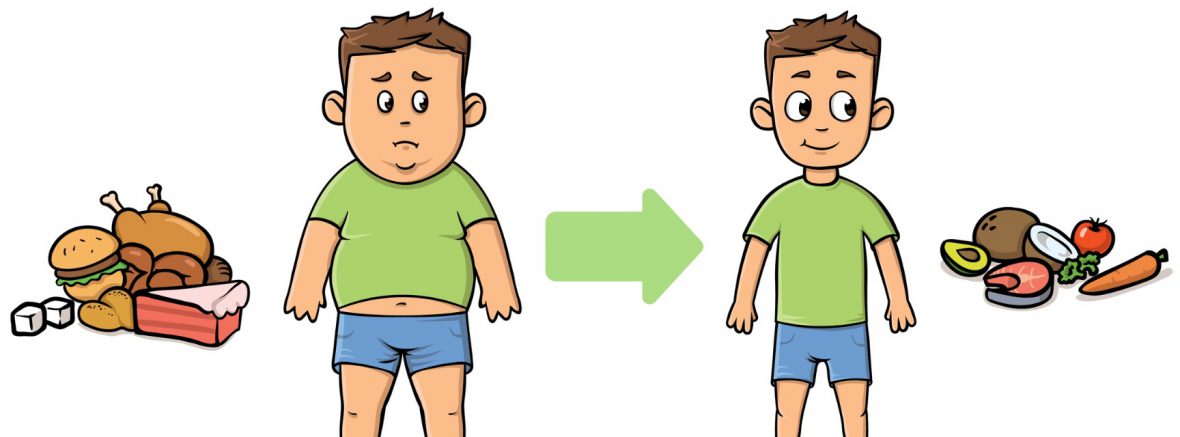Obesity is one of the most serious concerns dogging nutritional and medical experts. The rate of obesity is rising to epidemic levels in the modern world. Almost half of the adults in the US and other industrialized nations are obese. Contrary to what some people may think, the real problem with obesity is not about one’s appearance. Scientific and medical research links obesity to a number of life-threatening medical conditions like coronary ailments, diabetes, and hypertension.
There are a number of established factors that contribute to obesity. Here are just a few of them:
- Genetics: Obesity has a definite link with genetics. However, hereditary obesity can be controlled through a healthy lifestyle, a workout regimen, and a regulated diet.
- Junk Food and Binge-Eating: A major factor in obesity is the off-the-shelf availability of processed junk food. Such processed food is loaded with junk calories and carries few nutritional benefits. Regular consumption of processed food is the leading cause of obesity in the industrialized world.
- Unhealthy Lifestyle: Digitalization and social media have created a modern lifestyle that is mostly tied to computer screens. Busy work schedules and occupational pressures also deter people from jogging, going to the gym, and exercising. All things considered, most modern humans just don’t burn enough calories. The excess calories get stored as fat and result in obesity over time.
Here is how you can fight the problem:
- Calculate how many calories your body needs to maintain your existing weight. These are called your maintenance calories.
- Initially, deduct 10% (to a maximum of 500Kcal) off the total maintenance calories. It is important to understand that drastically reducing your calorie intake will result in muscle and water loss—not fat loss.
- Split your maintenance calories over 5 or 6 meals (rather than 2 or 3). You should aim to eat every 3-4 hours.
- Cut out all simple carbohydrates (except straight after exercise, in which case you should eat whole grain and high fiber foods.)
- Exercise at least 3 times a week, doing 30 minutes of cardio at a reasonable level of intensity. This will help to create the calorie deficit and encourage your body to lose fat.
- Make simple replacements in your diet: sweetener instead of sugar, diet drinks instead of full-sugar drinks, leaner cuts of meat, etc. At first, these changes may be difficult, but you will get used to them and make vital calorie savings every day.
- Drink plenty of water—at least 2 liters of water every day. If you are dehydrated, your body will be less efficient and will make fat loss more difficult.
- Try to eat foods that are low-carb (complex only!), low-fat and moderate-protein.
- Keep a food diary to monitor how many calories you are consuming (since it is very easy to overeat.)
- Supplement your diet. A diet high in protein can help preserve muscle, and more muscle means an increase in metabolism. There are also some fat loss supplements available which help boost your metabolism. These supplements can be useful because your metabolism may slow during extended periods of dieting.
These dietary and lifestyle tips can help you fight obesity.
REMEMBER! Obesity is a very serious health condition, and no one can help you unless you are truly interested in helping yourself. Start fighting obesity today. It is never too late!


